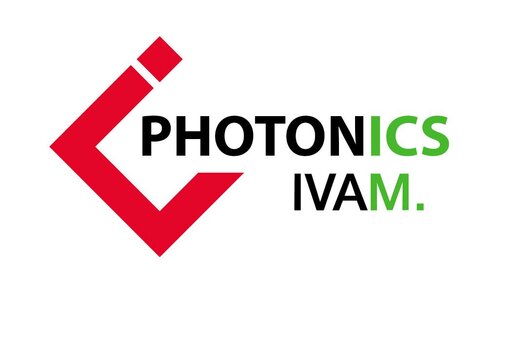

 Favorite (7)
Favorite (7)
What I see from my view is that Semiconductor and Solar are being developed in Europe and America as soon as mass production was needed it shifted to Asia. This was solely pushed because of costs and the ability in Asia to scale up these industries in a rapid mode with the help of a lot of government support. What you see is that especially China is heavily investing in what they think is of strategic importance, and consequently they act accordingly with massive support from all directions.
The next important technology development after solar and semiconductor is the photonic industry. Similar as for semiconductor and solar, Europe is very well positioned in the technology of the arena of Photonic Integrated Circuits (PICs). Different from solar and semiconductor the photonic industry is more diverse in its applications and is much less standardized and comes in all kinds of hybrid solutions.
Further, the volumes of the PICs will be much less than what we are used to in semiconductors. So, the volume is less, the mix is higher, and engineering of its applications and the fabrication, assembly and packaging of the devices is more diverse. In my opinion, this is a concept that is very well what we are good at in Europe. Moreover, the equipment industry to fabricate photonic chips is very well positioned in Europe, which gives the opportunity to excel if we work together and get the right support.
Great question. In the past, Europe has been too naïve to maintain its position in the high-tech industries, while abroad (mainly China) massive support was given to develop the high-tech industry, Europe was counting on the autonomous growth of companies by themselves.
The result is that critical technologies were developed and scaled much faster abroad. In Asia by massive governmental support and in America this growth was driven by massive support from investments by VC’s and investment companies. The result is that, by the lack of money, in Europe we are lacking behind in these new technologies.
The Corona pandemic made it very clear how interactive the whole supply chain has become, and that the dependency on each other globally is much higher than we maybe want. We in Europe cannot act independently and for critical technologies we are relying on companies and supply chains we have no say on. This is an unwanted situation which we need to control. If we want to anchor new technologies, like the photonic industry, more firmly in Europe we need to work together to develop an ecosystem of companies where the total supply chain from development, fabrication and end product is available in Europe.
As many of the applications we foresee in the photonics industry have to do with
- increasing the bandwidth of data- telecommunication,
- security and encryption of data,
- healthcare and
- autonomous systems, which are all critical applications we should keep control of.
We as Europe need to lead this and control our destiny on these technologies without being dependent on technology or fabrication from outside Europe.
From all things we can do, education is the most important factor we need. But be aware, if the education system is not backed up with an industry where we can get the benefit of these highly well-educated people, it is useless. So, education is one of the many things we need to do. If we can use these well-educated people in an industry and institutes that form a well-balanced photonic ecosystem, this leads to a strong supply chain that cannot be moved easily outside Europe.
We are at the verge of this new industry, together with adjacent industries like semiconductor and the sensor industry we can develop many new applications that open completely new areas.
You have to think on:
- Increase of bandwidth with less energy consumption in data- and telecom,
- quantum computing,
- sensing,
- autonomous driving,
- robot systems,
- AR/VR mainstream applications and many more we currently cannot think of.
So endless new and creative applications and products that can help us and the world to get more effective, safe, healthy, and also more fun as these products makes our life more joyful.
The new IVAM Focus Group Photonics will kick off with a digital meeting on Tuesday, June 29, 2021 from 2:00 pm to 4:00 pm!
